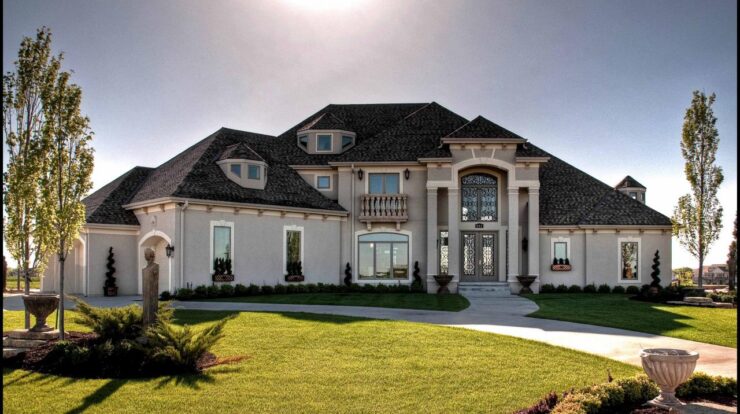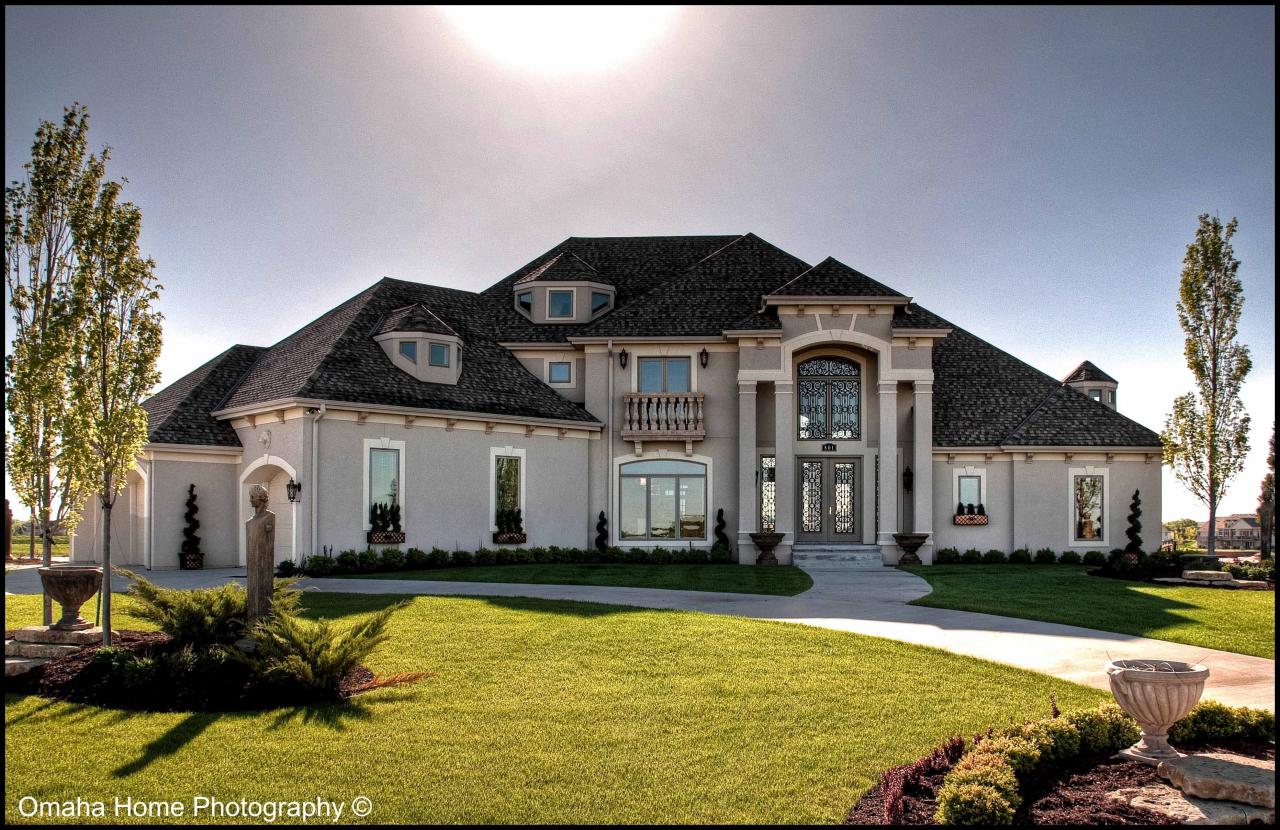
Waterloo nebraska – Nestled in the heart of the Midwest, Waterloo, Nebraska, is a vibrant city that has witnessed a rich tapestry of history, culture, and community spirit. From its humble beginnings as a frontier settlement to its present-day status as a thriving economic and cultural hub, Waterloo’s story is one of resilience, growth, and unwavering community pride.
As we delve into the annals of Waterloo’s past, we uncover the stories of its pioneering settlers, who braved the untamed wilderness to establish a new life in the unforgiving landscape. We witness the city’s transformation from a small agricultural town into a bustling industrial center, driven by the ingenuity and determination of its people.
History of Waterloo, Nebraska
The history of Waterloo, Nebraska, dates back to the mid-19th century when the area was first settled by pioneers.
In 1854, the town was officially founded and named after the Battle of Waterloo, a significant battle in European history.
In the following years, Waterloo experienced steady growth and development, becoming an important agricultural and transportation hub.
Early Settlers
- The first settlers in Waterloo were primarily farmers and ranchers from the eastern United States.
- They were drawn to the area by the fertile land and the promise of a better life.
- The early settlers established farms, businesses, and schools, laying the foundation for the town’s future.
Growth and Development
- In the late 19th and early 20th centuries, Waterloo experienced a period of rapid growth.
- The construction of the Union Pacific Railroad through the town led to increased trade and commerce.
- The town also became a center for grain and livestock production, further boosting its economy.
Geography and Demographics
Geographical Location
Waterloo, Nebraska, is located in the eastern part of the state, approximately 50 miles west of Omaha.
The town is situated in the rolling hills of the Missouri River Valley, offering scenic views of the surrounding countryside.
Demographics
- As of 2020, Waterloo had a population of approximately 1,100 residents.
- The median age of the population is 40 years old.
- The majority of the population is white, with a small percentage of Hispanic and African American residents.
Local Economy and Industries

Major Industries
- Agriculture remains a significant industry in Waterloo, with corn, soybeans, and wheat being the primary crops.
- Manufacturing is also an important part of the local economy, with several companies operating in the town.
- Other major industries include retail, healthcare, and education.
Economic Drivers, Waterloo nebraska
The local economy is primarily driven by agriculture, manufacturing, and retail.
The town’s proximity to Omaha also provides employment opportunities for residents.
Education and Culture
Educational Institutions
- Waterloo Public Schools operates two schools: Waterloo Elementary School and Waterloo High School.
- The town also has a public library that provides a variety of resources and programs for residents.
Cultural Attractions
- Waterloo is home to the Dodge County Historical Museum, which showcases the history of the town and surrounding area.
- The town also hosts several annual events, including the Waterloo Summerfest and the Waterloo Christmas Stroll.
Community and Recreation
Community Spirit
Waterloo is known for its strong sense of community and its friendly atmosphere.
Residents are actively involved in various organizations and events that contribute to the town’s well-being.
Recreational Opportunities
- Waterloo has several parks and recreational areas, including the Waterloo City Park and the Waterloo Golf Course.
- The town also has a variety of sports facilities, including a baseball field, a basketball court, and a soccer field.
Social and Community Organizations
- Waterloo is home to several social and community organizations, including the Waterloo Lions Club and the Waterloo American Legion Post.
- These organizations play an important role in organizing events, supporting local businesses, and providing assistance to those in need.
End of Discussion
Today, Waterloo stands as a testament to the indomitable spirit of its citizens. Its diverse economy, vibrant cultural scene, and strong sense of community make it a truly special place to live, work, and raise a family. As we look to the future, Waterloo is poised to continue its remarkable journey, embracing new opportunities while preserving the rich heritage that has shaped its identity.
Frequently Asked Questions: Waterloo Nebraska
What is Waterloo, Nebraska known for?
Waterloo is known for its rich history, strong community spirit, and thriving economy, driven by industries such as manufacturing, agriculture, and healthcare.
What are some of the popular attractions in Waterloo?
Waterloo offers a variety of attractions, including the Joslyn Art Museum, the Omaha Children’s Museum, and the Henry Doorly Zoo and Aquarium.
What is the cost of living in Waterloo?
The cost of living in Waterloo is relatively affordable compared to other major cities in the Midwest, with a median home price below the national average.





